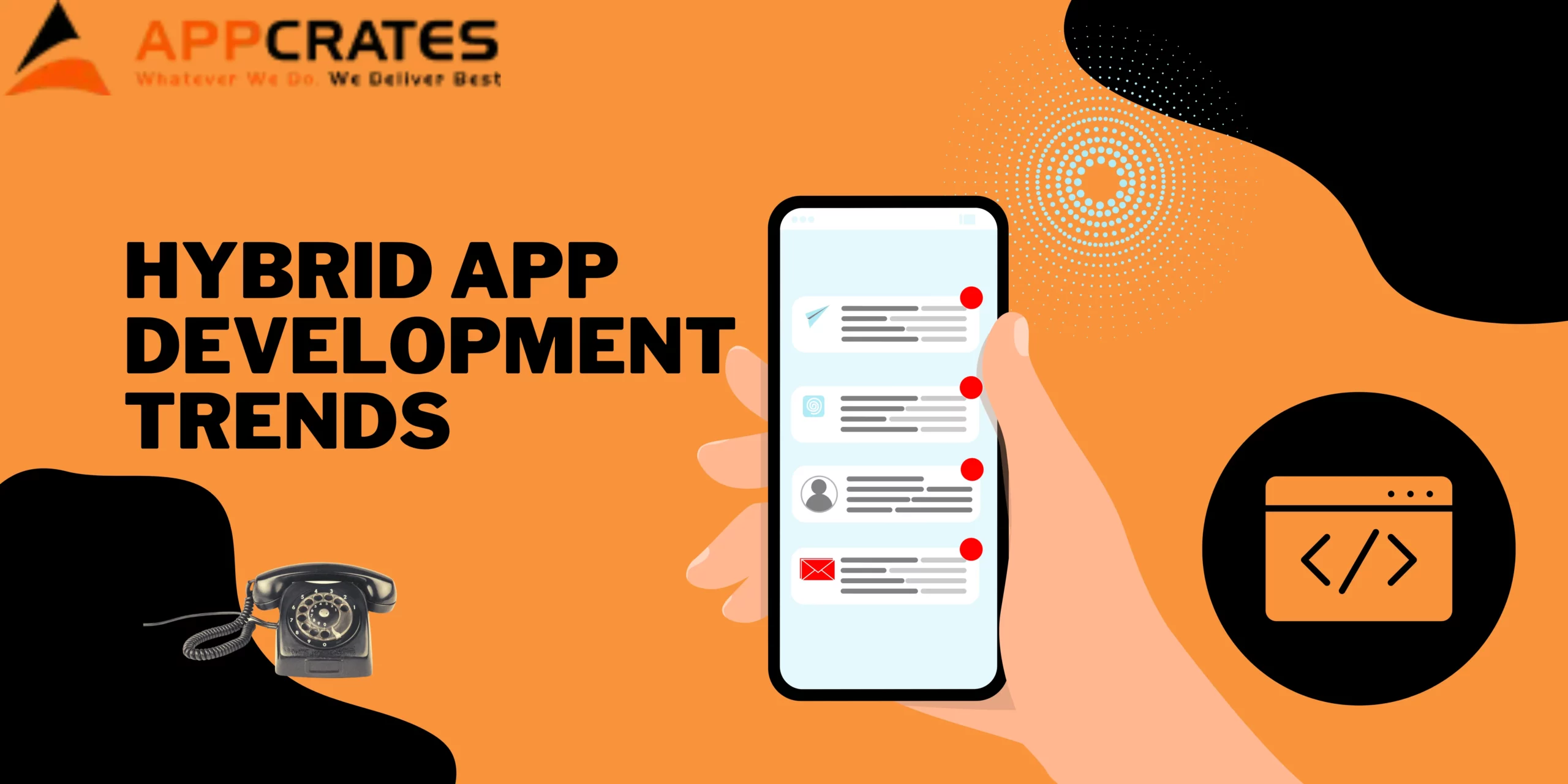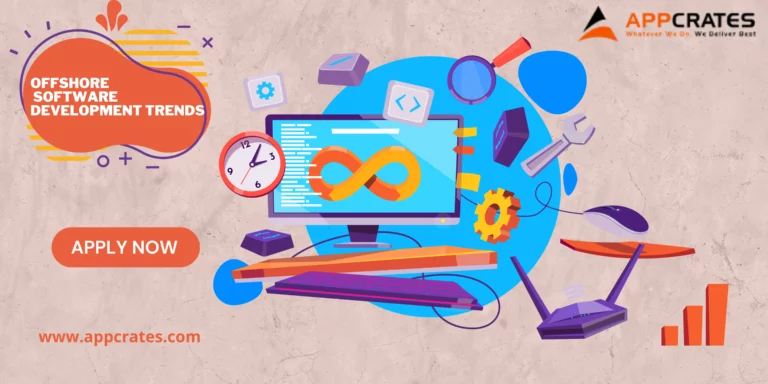Hybrid App Development Trends
Introduction
In the rapidly evolving technology landscape, hybrid app development has emerged as a powerful solution for businesses seeking versatile and efficient mobile applications. The demand for mobile apps across multiple platforms is constantly growing, making it essential to stay updated with the latest trends in hybrid app development. This article explores the key trends shaping the hybrid app development industry and their positive impact on businesses.
The Rise of Hybrid Apps
Understanding Hybrid Apps
Hybrid apps are a combination of native and web applications, offering a seamless user experience across various platforms. These apps utilize web technologies such as HTML, CSS, and JavaScript, wrapped in a native container. This approach allows them to run on multiple operating systems, reducing development costs and reaching a broader audience.
Increased Popularity
Hybrid app development has gained significant popularity due to advancements in frameworks like React Native, Flutter, and Ionic. These frameworks promote code reusability, enabling developers to write once and deploy across multiple platforms. This has led to a surge in hybrid app adoption, saving time, resources, and enabling businesses to reach a wider user base.
Key Trends in Hybrid App Development
Progressive Web Apps (PWAs)
Progressive Web Apps (PWAs) have emerged as a significant trend in hybrid app development. PWAs combine the best features of web and mobile applications, providing users with a native-like experience. Built using web technologies, PWAs can be accessed through a browser or installed directly on a user’s device. They offer offline access, push notifications, and smooth performance, ensuring a consistent experience across devices.
Internet of Things (IoT) Integration
The integration of hybrid apps with Internet of Things (IoT) devices is a crucial trend. Hybrid apps act as a bridge between IoT devices and users, enabling seamless communication and control. Whether it’s controlling smart home appliances or monitoring industrial equipment, hybrid apps leverage IoT integration to enhance user experience and provide real-time insights.
Artificial Intelligence (AI) and Machine Learning (ML)
AI and ML are transforming the way we interact with mobile applications, and hybrid apps are no exception. By incorporating AI and ML capabilities, businesses can offer personalized experiences, intelligent recommendations, and predictive analysis. AI-powered voice assistants, image recognition, and natural language processing enhance the functionality and engagement within hybrid apps.
Enhanced Security Measures
Data privacy and security concerns make incorporating robust security measures into hybrid apps crucial. Developers focus on implementing encryption techniques, secure authentication methods, and secure data storage to protect sensitive user information. Prioritizing security builds trust with users and ensures the confidentiality of their data.
Augmented Reality (AR) and Virtual Reality (VR)
AR and VR technologies are revolutionizing various industries, including hybrid app development. By leveraging AR and VR capabilities, businesses can create immersive experiences within their apps. Users can visualize products, explore virtual environments, or engage in gamified interactions. These technologies add a new dimension to hybrid apps, enhancing user engagement.
Low-Code Development
Low-code development is gaining traction in hybrid app development. It allows developers to create applications with minimal manual coding, utilizing visual interfaces and pre-built components. Low-code development accelerates the app development process, reduces costs, and empowers citizen developers to contribute.
Cloud Integration
Cloud integration plays a crucial role in hybrid app development. It enhances app scalability, storage capabilities, and performance. Seamless data synchronization, automatic updates, and efficient resource allocation are possible through cloud integration. Additionally, businesses can leverage cloud-based APIs and services, such as authentication, storage, and machine learning.
Cross-Platform App Development
Cross-platform app development remains a key trend in hybrid app development. Businesses aim to reach a wider audience and reduce development time by creating apps that run on multiple platforms. Cross-platform frameworks like React Native, Flutter, and Xamarin enable developers to build apps using a single codebase while delivering native-like experiences on iOS and Android devices.
Conclusion
Hybrid app development presents exciting opportunities for businesses to create powerful and versatile mobile applications. Staying updated with the latest trends, such as Progressive Web Apps, IoT integration, AI and ML capabilities, enhanced security measures, AR/VR technologies, low-code development, cloud integration, and cross-platform app development, enables businesses to reach a broader audience, enhance user experiences, and stay ahead of the competition.
In conclusion, hybrid app development offers a compelling solution for businesses seeking impactful mobile applications. By harnessing the power of hybrid apps and embracing the latest trends, businesses can unlock new possibilities and drive success in the dynamic digital landscape.
Explore the vast potential of hybrid app development today and propel your business to new heights!








